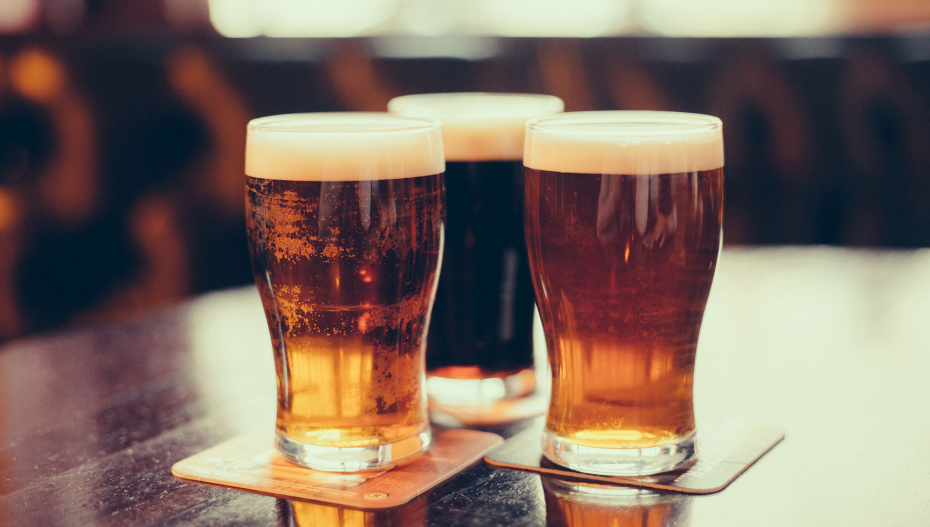A team of researchers from Belgium has developed an artificial intelligence (AI) model that can predict consumer ratings for beer and suggest improvements to its flavour profile. This groundbreaking approach, led by scientists at KU Leuven and the VIB-KU Leuven Center for Microbiology, could potentially revolutionise product development strategies in the food and beverage industry.
The flavour of beer, which is derived from hundreds of aroma compounds, poses a significant challenge when it comes to comparing and ranking different beers. Traditional methods, which rely heavily on subjective taste assessments, often lead to biased comparisons. “Our aim was to provide a more neutral and scientific description of the world’s beers,” explained Professor Kevin Verstrepen, the project’s lead. Their findings have been published in the journal Nature Communications.
The research team analysed 250 Belgian beers, meticulously measuring the concentration of aroma compounds and evaluating each beer against 50 criteria by a trained panel. “The diversity of Belgium’s beer culture meant we had to analyse far more samples than initially anticipated,” said Dr. Miguel Roncoroni, who oversaw the chemical analyses and tasting panel.
Using the collected data, the team developed an AI model that bridges the gap between the chemical makeup of beers and their perceived taste. This model not only predicts key aromas and the overall appreciation score of a beer without human tasting but also suggests specific aroma additions to enhance the beer’s quality. The application of these recommendations to a commercial Belgian ale resulted in a significantly improved rating in blind tastings.
“The flavour of beer is too complex to be predicted by analysing just a few compounds. We need the computational power of AI,” stated Michiel Schreurs, emphasising the importance of technology in understanding beer’s intricate flavour profiles.
Looking to the future, the researchers are optimistic about applying their findings beyond beer, potentially revolutionising the creation of new food products. A notable goal is to improve the taste of alcohol-free beer. “Using our model, we’ve already managed to create a natural aroma compound cocktail that mimics the taste and smell of alcohol, minus the hangover,” shared Verstrepen.
Also Read: Folk Song Lyrics Put Bootlegger In Jail!












